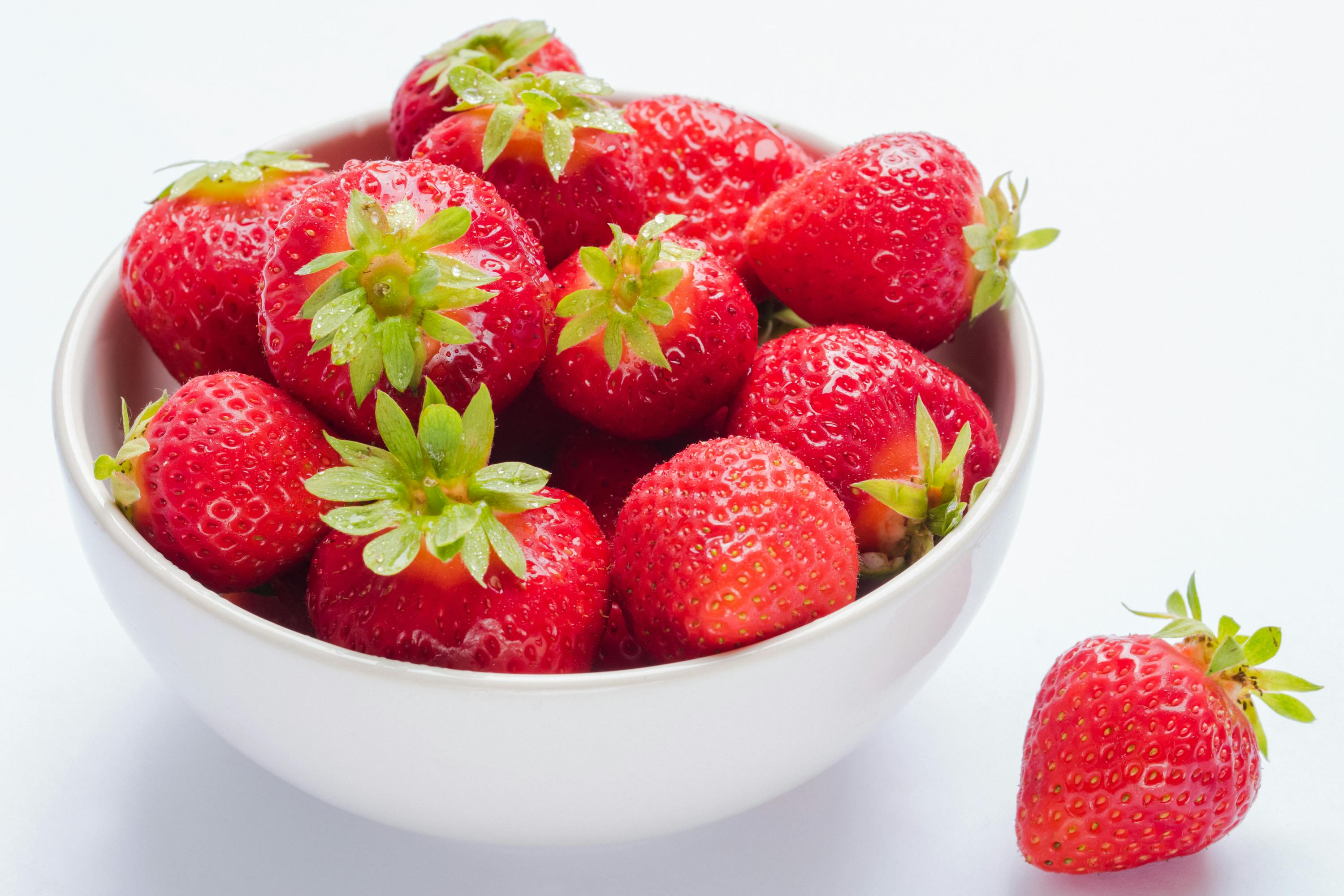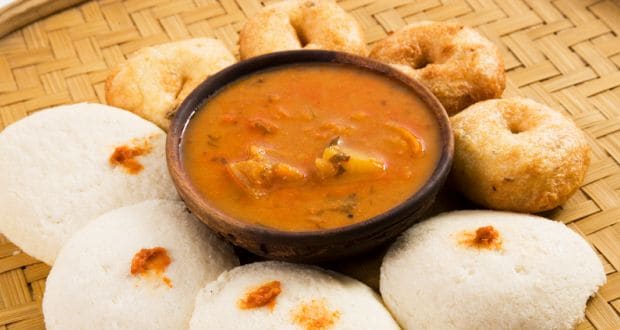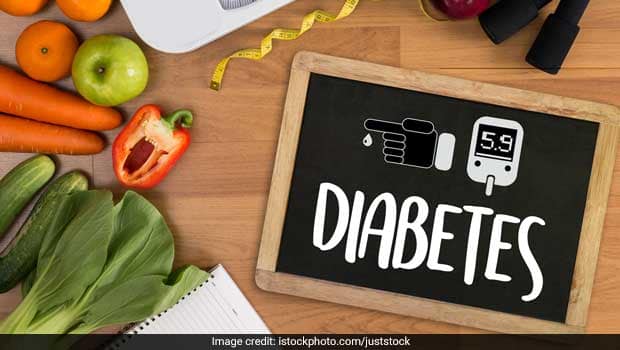World Diabetes Day: Diabetes is one of the most common lifestyle diseases that is afflicting millions across the globe currently. If the findings of a latest study are to be believed, India is one of the countries that has maximum number of people suffering from diabetes, with a prevalence of 8.7% in the adult population of 20-70 years. Along with other non-communicable diseases NCD'S, diabetes is rising fast not just in the urban but also in the rural population. This can be attributed to a poor lifestyle as an outcome of rapid industrialisation, changing food habits and a rising prevalence of obesity. On this World Diabetes Day 2021, which is on 14th November, International Diabetes Federation (IDF) is spreading awareness of the impact that diabetes has on the family of those affected, and promoting the role of the family in the management, care, prevention and education of diabetes.
World Diabetes Day Theme 2021: This year the theme for diabetes awareness month and World Diabetes Day 2021 is ‘Access to Diabetes Care – If Not Now, When?'.
Also Read:Diabetes Diet: Sugar Free Granola Bowl For An Easy, Quick And Wholesome Breakfast
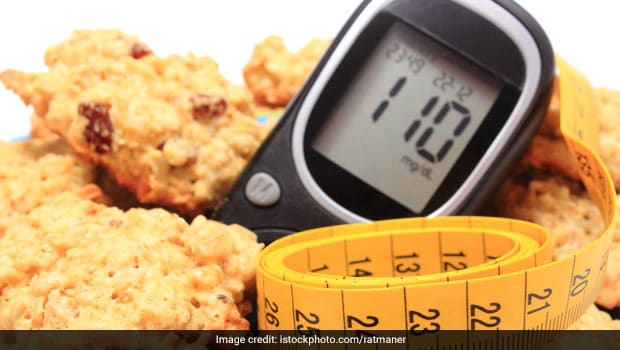
World Diabetes Day: Diabetes is rising fast not just in the urban but also in the rural population. This is mainly because of a poor lifestyle as an outcome of rapid industrialisation, changing food habits and a rising prevalence of obesity.
As per the findings of the research conducted by IDF in 2018, parents usually struggle to identify this serious lifelong condition in their children. The majority of people who have a family member with diabetes, it was found that four-in-five parents would have trouble recognising the warning signs. One-in-three wouldn't spot them at all. The researchers found that there is an urgent need to educate people to spot the diabetes warning signs early.
Types Of Diabetes And Causes:
Type 1 diabetes (or insulin dependent diabetes) is attributed to a faulty immune system that attacks the insulin producing beta cells of the pancreas – genetic and environmental factors may also cause this. Type 2 diabetes (or the non-insulin dependent diabetes), on the other hand, is a direct outcome of obesity, poor lifestyle and physical inactivity which lead to insulin resistance and diabetes. Genes we inherit also predispose us to diabetes but our lifestyle can prevent the onset or delay it.
Type 2 diabetes is preventable and can be managed so as not to damage other organs by embracing a healthy lifestyle comprising a healthy diet, daily exercise and weight control.
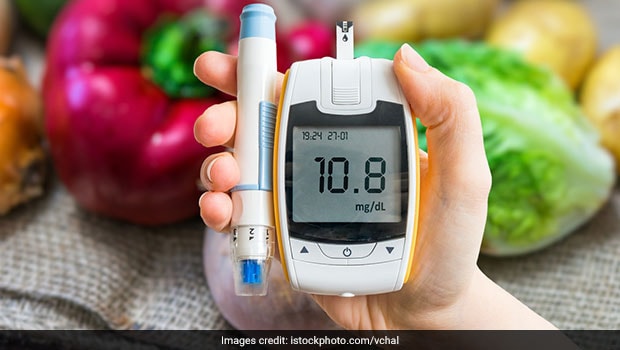
World Diabetes Day: Genes we inherit also predispose us to diabetes but our lifestyle can prevent the onset or delay it. Type 2 diabetes is preventable and can be managed by embracing a healthy lifestyle comprising a healthy diet.
World Diabetes Day:Diabetes Diet To Manage Blood Sugar Levels
Include More Fibre-Rich Foods
Dietary fibre comes from whole grains, fruits, whole dals and vegetables. Dietary fibre includes both soluble and insoluble fibre. Scientific research has shown conclusive positive correlation between intake of dietary fibre and a lowered incidence and better control of diabetes. A meta-analysis, published in a leading scientific publication, revealed that increased fibre in the diet reduced the onset of diabetes by 15-19%. Cereal fibres were found to be the most effective by reducing the incidence by almost 17-33%. This was attributed to a better control of fasting blood sugars and reducing the insulin concentrations in the blood. Barley and oats contain a soluble fibre beta glucan, which forms a gel in the intestines reducing the absorption of carbohydrates, improving the post meal sugar rise. Traditional Indian diets are rich in fibres from cereal grains, fruits vegetables and whole dals. Eating fresh and minimally processed food is a healthy boost for all of us and significant for those who are diabetics or have a strong family history of diabetes.
Also Read: Diabetes Diet: This Guava Salad May Help Keep Your Sugar Under Control

World Diabetes Day: Ragi roti is one healthy yet tasty way of including fibre in your diet.
Add Healthy Carbs To Your Diet
There is a trend of going ‘carb free' these days. Removing a complete food group is never a healthy habit. Yes carbs, both simple sugars and starches, are converted to glucose on digestion but by including healthy carbs you can get healthy energy that helps you control diabetes. Good sources of carbs include whole grains, millets, whole fruits and vegetables. Plant proteins like legumes and nuts also add up. Processed foods with added sugars and lots of sodium are the ones to avoid.
Have Protein-Rich Meals
Protein is an essential nutrient needed for our body to work and function in an optimal state. Protein and diabetes have been researched extensively. Very high protein diets did not have any significant benefit in controlling or preventing diabetes while adequate protein diets showed a positive co-relation. According to a recent study, intake of animal protein, mainly red meat, was associated with an increased risk while intake of plant proteins was associated with a decreased risk, especially in females. Dairy was associated with a decreased risk of diabetes; this included all dairy, low fat dairy and yogurt. Dietary protein and amino acids are involved in the modulation insulin sensitivity and in glucose metabolism, which could possibly be the reason. Healthy proteins include whole dals, legumes, soy, yogurt, fish and white meat. Red meat and processed meats should be avoided.
Also Read: 6 Winter Fruits That You May Include In Your Diabetes Diet

World Diabetes Day: Healthy proteins include paneer, chicken, paneer, tofu, soy, yogurt and fish.
Healthy Fats
Healthy fats are monounsaturated fats and poly unsaturated fats. A combination of these with very low saturated fats and no trans fats is what you should aim for. National Institute of Nutrition recommends a combination of cooking oils. Peanut oil, rice bran oil and safflower oil in combination with mustard or til oil is good. Extra virgin olive oil is also a good source of monounsaturated fats.
Nuts And Seeds
Nuts and seeds add healthy oils to our daily diet along with other nutrients. An adult needs about 4-5 teaspoons of oil daily not more than that. Keep fried foods and high fat snacks at an arm's length, for the occasional indulgences.
World Diabetes Day 2021: Putting all of this together, a day's meal may look like this:
Breakfast: A bowl of oats, 1 egg/30gm paneer and milk.
Midmorning: A high fibre fruit.
Lunch: Roti 2 medium, 1 bowl of whole dal, seasonal vegetable, 1 cup dahi.
Evening: Tea with steamed corn or fat free popcorn or bhuna chana (salt free).
Pre-dinner: A high fibre fruit.
Dinner: Multigrain bread 2 slice/brown rice, chicken breast/paneer, vegetable.
Bed time: 1 glass of milk.
To make it easier: Half plate of vegetables, 1/4th plate of whole grain, 1/4th plate of paneer and 1 cup of dairy.
An ounce of nuts and seeds make a good snack, you can have it before or after your morning exercise or with your night milk, especially if you work at night.
Exercise daily and get adequate rest, diabetes demands a daily input for better health.
About author: Rupali Datta is a Clinical Nutritionist and has worked in leading corporate hospitals. She is a member of the Indian Dietetic Association and Indian Association of Parenteral and Enteral Nutrition.
Disclaimer: The opinions expressed within this article are the personal opinions of the author. NDTV is not responsible for the accuracy, completeness, suitability, or validity of any information on this article. All information is provided on an as-is basis. The information, facts or opinions appearing in the article do not reflect the views of NDTV and NDTV does not assume any responsibility or liability for the same.
About Rupali DattaRupali Datta is a Clinical Nutritionist and has worked in leading corporate hospitals. She has created and lead teams of professionals to deliver clinical solutions for patients across all medical specialties including critical care. She is a member of the Indian Dietetic Association and Indian Association of Parenteral and Enteral Nutrition.

